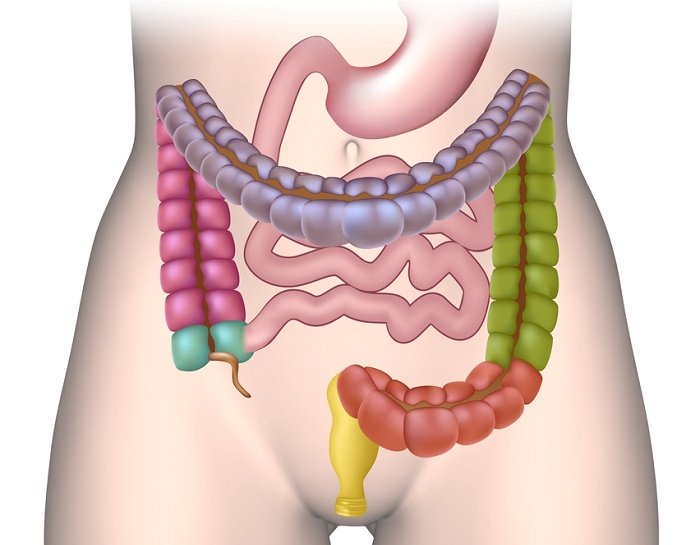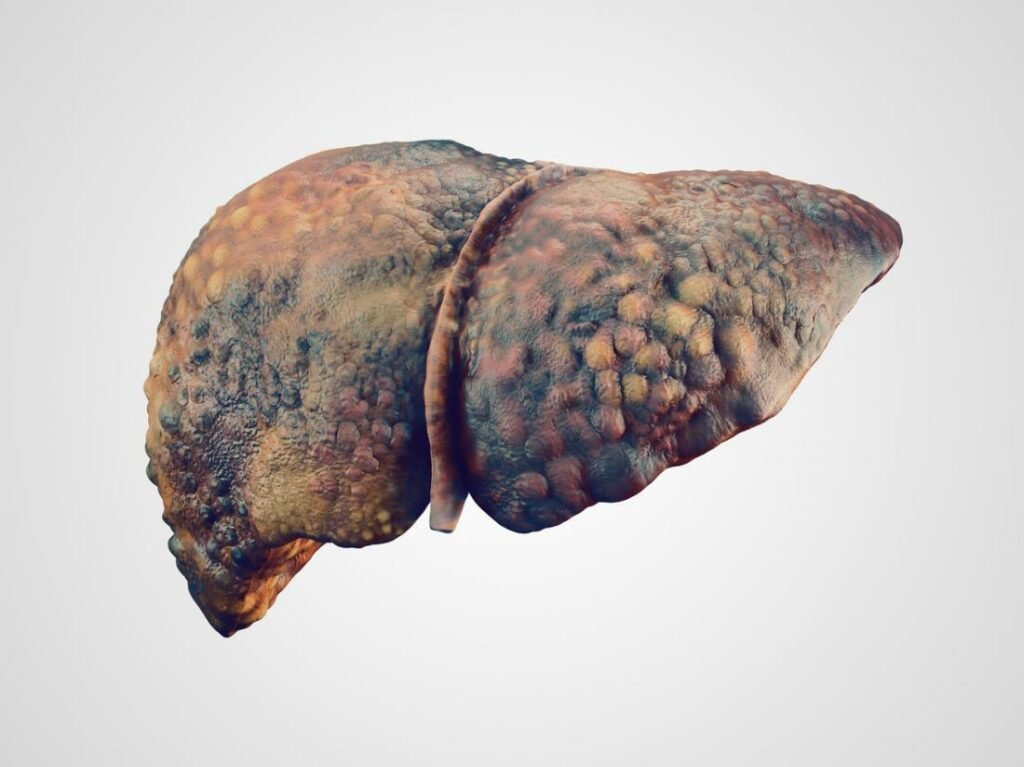6 signs you have a perforated intestine

When someone has a combination of irritable bowel syndrome, fibromyalgia, allergies or mood, chances are you may have an intestinal imbalance, as a perforated bowel and a leaky gut, among other imbalances.

Why do our intestines get perforated? Due to antibiotics, low-fiber diets, and toxic in processed foods to begin with. As a result, the beneficial bacteria in the digestive tract die and the “not so good” bacteria multiply, predisposing us to weight gain, infection, and chronic disease.
Table of Contents
5 signs you could have a perforated intestine.
Pay special attention to the following signs that mean that you could have perforated intestine or be suffering from some imbalance in your intestines.
Sometimes, these symptoms are more evident in some people than in others, and sometimes the symptoms pass by for certain people, they only find out when, this imbalance, is beginning to send a red light through other diseases or diseases Chronic, however, if you see, even slightly, some of these signs, be sure to go to the specialist for a check-up.
1. You are depressed or anxious.
The intestine is also called the “second brain”. More than 80% of the serotonin in the body is made in our intestines. There are also neurons there that “talk” to bacteria.
The gut is so important to mood, memory, and concentration, that in the future, psychiatrists will have to focus on the gut as much as the brain for treatment plans.
2. You have developed food allergies.
The intestines are the main focus of the immune system, which is where 70% of our antibodies that fight food and other allergens are made.
Our gut lining is supposed to protect us from toxins and food allergens, but when compromised, these toxins enter the blood. (This is also thought to be a reason for gluten intolerance and celiac disease.)
3. You have joint pain.
Do you suffer from stiff and painful fingers? Do you have knee pain? Chronic back pain? We often attribute these ills to an unfortunate effect of aging.
It’s arthritis, we say, resignedly too. But what if the pain in our joints was caused by an imbalance in another part of the body; in the intestine for example?
A recent article revealing links between microbes in the gut and other diseases such as rheumatoid arthritis (RA). Rheumatologist found that people with RA had higher levels of a certain type of bacteria in their intestines than people without RA, which causes a leaky or leaky intestine.
This connection is not just between the gut and arthritis, it is a connection that can be found between the gut and any type of inflammation in the body.
4. You suffer from chronic inflammation and irritable bowel syndrome.
This is the most common way that people recognize a bowel problem. Again, this is our body’s response to an imbalance between beneficial and toxic bacteria.
The nervous system of the gut is thought to be more sensitive in patients with irritable bowel syndrome.
5. You are gaining weight.
Obesity and increased body weight are being considered as inflammation problems. The theory is this: if you eat sugar and processed foods, the good bacteria in your gut are replaced by inflammatory, toxin-producing bacteria.
This is supported by the fact that reducing inflammation in general can mitigate weight gain.
6. You have chronic asthma and seasonal allergies.
Asthma rates are considered to be higher in western societies, such as the United States and Europe. And not to mention seasonal allergies.
One theory is that this is happening in part because of our modern diet and medical practices that are causing the microbial population in our intestines to decline.
This “hygiene hypothesis” may also explain why children raised in microbial-rich environments that grow with pets, on farms, or attend daycare, have less risk of allergy diseases.
Ok, now you know the signs, but what should you do?
This is currently being investigated, and there is still much to learn in this emerging field. But what we do know is that a healthy, unprocessed diet is convenient. Check the following list of what you should integrate and avoid if you suffer from this intestinal imbalance.
- Avoid dairy as these promote bad bacteria to multiply and that worsens the picture.
- Avoid eating sugar in any presentation. Sugar is the preferred food for bad bacteria in the gut.
- Also avoid artificial sweeteners (which can kill bacteria in your gut).
- Avoid MSG (Monosodium Glutamate) – foods with preservatives and additives.
- Avoid irritating drinks like sodas and sugary juices, teas, coffee, and chocolate.
- Eating whole, unprocessed foods is essential. Use whole grains of rice, wheat, barley, rye, oats, etc.
- Although it is preferable that you avoid grains that contain gluten, even if they are whole. Gluten is linked to imbalances in the gut just like a perforated gut. Go better for grains like rice and oats (gluten-free), buckwheat, and others. Check out our article 9 nutrient-packed gluten-free grains.
- Obviously, it integrates more natural fiber than is present in green and raw vegetables and fruits.
- Drink the necessary water to keep your body well hydrated.
- Finally, the growth of a healthy flora through probiotics and natural prebiotics have been shown to “heal” the intestine.
- All this must be done in conjunction with the advice and care of a specialist in this type of problem and who knows how to address it in natural ways and without further stressing the intestine with strong medications that are counterproductive for your intestine.


